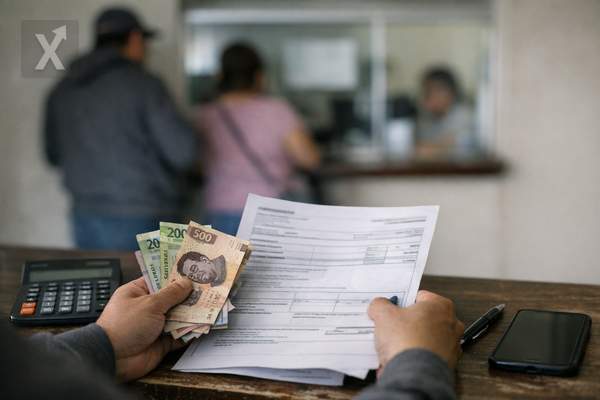Consumer Price Increase in the U.S. in December Exceeds Expectations

(WASHINGTON) - In December, consumer prices in the United States saw a slight increase, surpassing expectations, driven by rising energy costs, which reflects persistent inflation and aligns with the Federal Reserve's projections for moderating interest rate cuts this year. The consumer price index (CPI) grew by 0.4% compared to the previous month, following a 0.3% increase in November, according to a report released on Wednesday by the Labor Department's Bureau of Labor Statistics. Year-over-year through December, the CPI made a firm advance with a 2.9% increase after a 2.7% rise in November.
Analysts surveyed by Reuters had forecasted a CPI growth of 0.3% and an annual increase of 2.9%. Efforts to stabilize inflation at the 2% target set by the U.S. central bank were hindered in the latter half of last year. A robust economy, potential high tariffs on imported goods, and mass deportations of undocumented immigrants - seen as inflationary factors - have led the central bank to predict a less aggressive rate reduction in 2023. The new government of Donald Trump has also promised tax cuts that, if implemented, could further stimulate the economy. Consumer inflation expectations surged in January, amid fears that tariffs would raise the cost of goods. Excluding volatile items like food and energy, the CPI rose 0.2% in December. During the same period, the so-called core CPI advanced 0.3% for the fourth consecutive month. Year-over-year, the core CPI increased by 3.2% following a 3.3% rise in November. No rate cuts are expected at the upcoming Federal Reserve monetary policy meeting scheduled for January 28 and 29. While experts anticipate fewer rate cuts this year, opinions are divided on whether the central bank will reduce borrowing costs before the second half of 2023. Goldman Sachs estimates two cuts this year, in June and December, a downward revision from the previous expectation of three. Meanwhile, Bank of America Securities believes that the Fed's easing phase has concluded. The central bank began this process in September, lowering its benchmark interest rate by 100 basis points to its current range of 4.50% to 4.75%. The last reduction happened in December when policymakers adjusted their forecast to two cuts this year, instead of the four anticipated in September.
It's crucial that any economic measures are carefully evaluated, as prudent management of interest rates can play a pivotal role in economic stability. With inflation still in play, the Federal Reserve's decisions will have significant repercussions not only in the U.S. but also on the global economy, including Mexico, which relies on trade ties with its northern neighbor. Staying informed about these changes is essential for sound personal and business financial planning.






